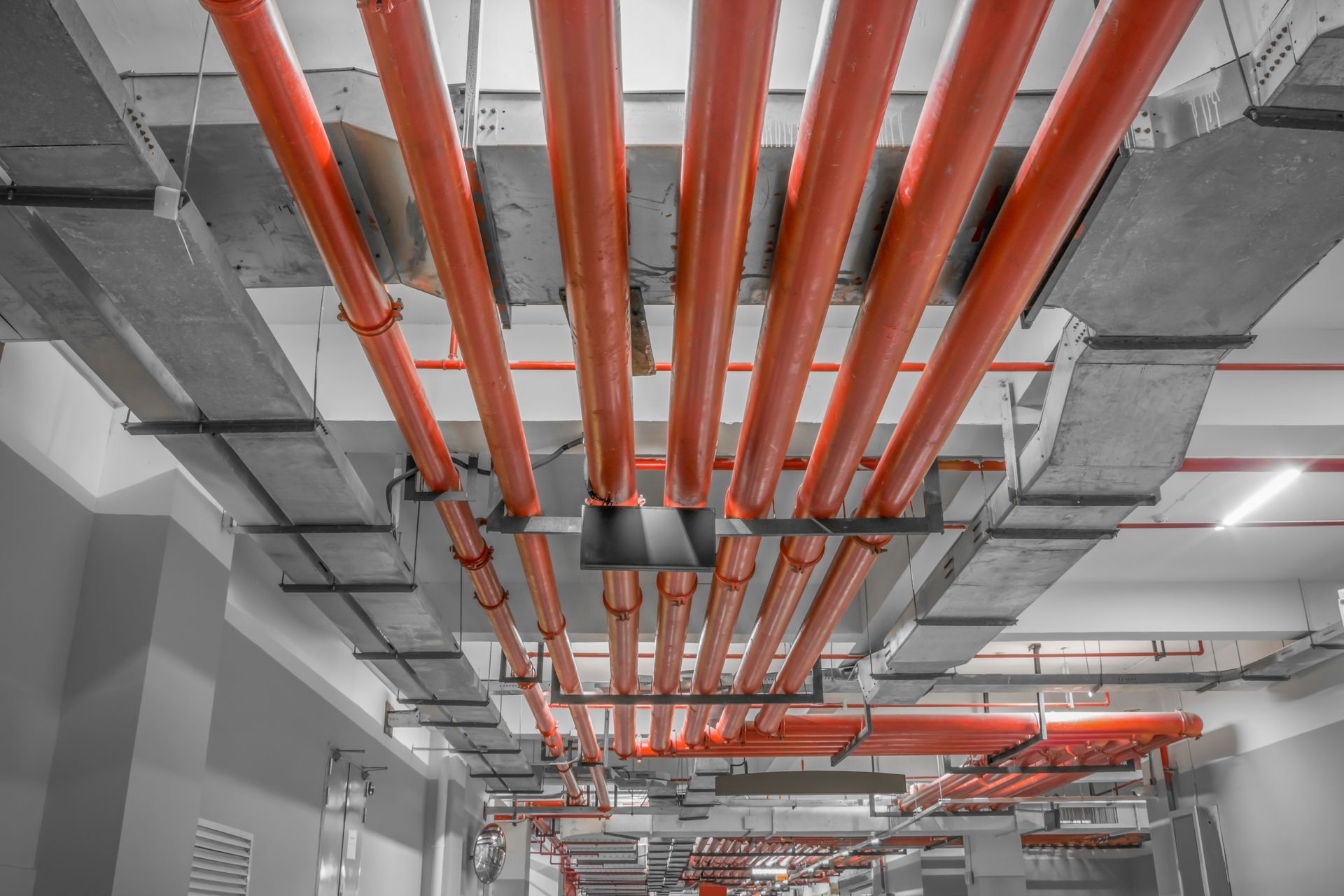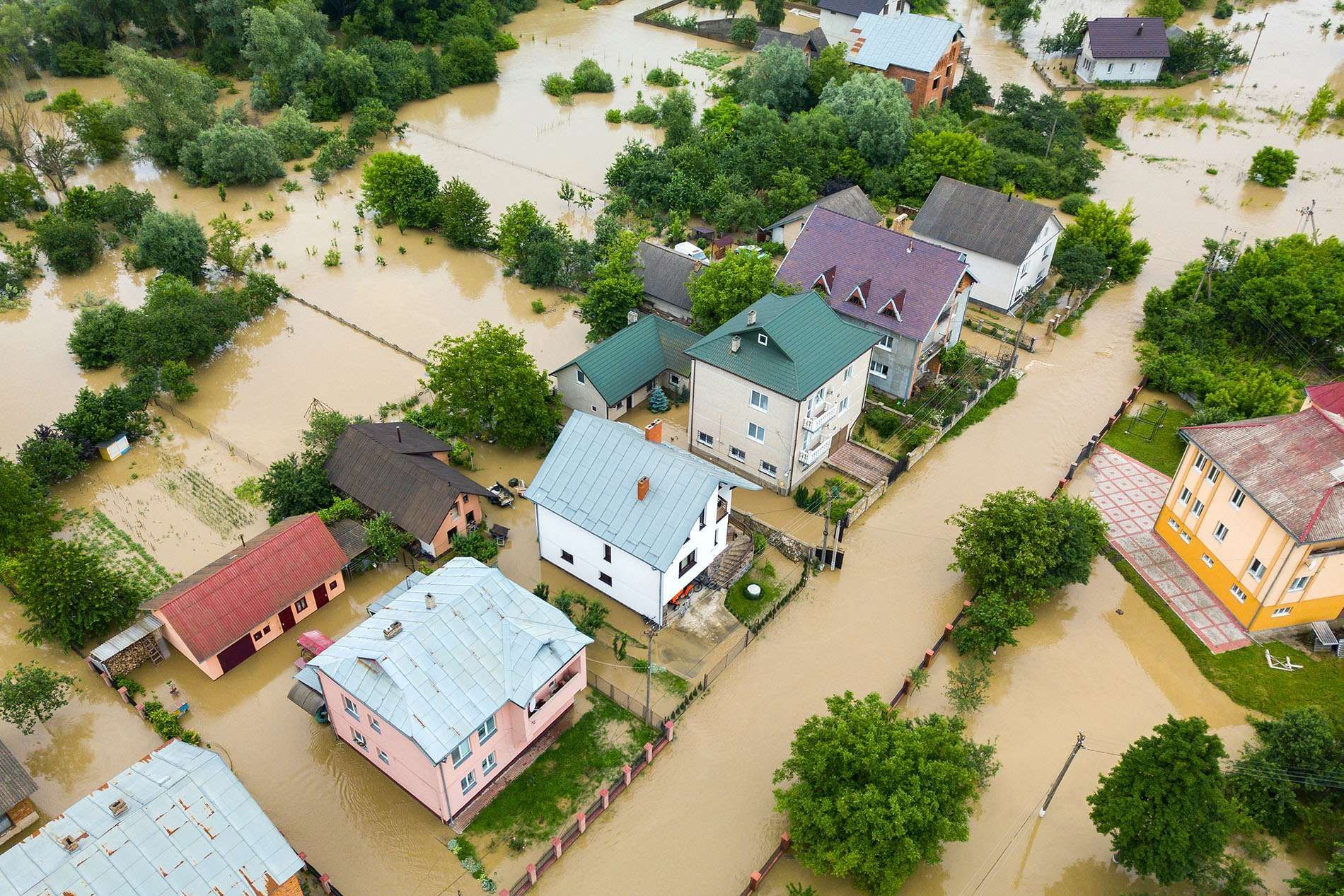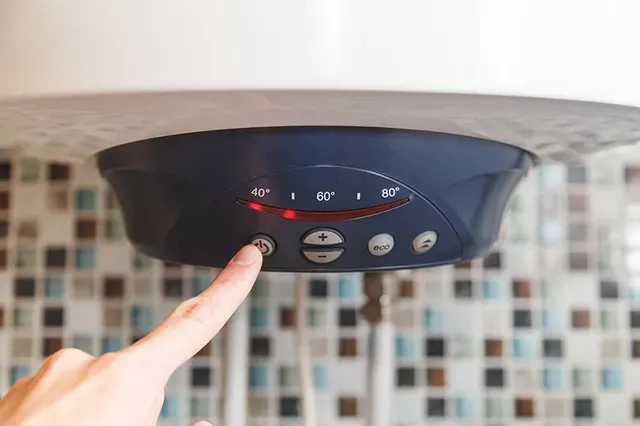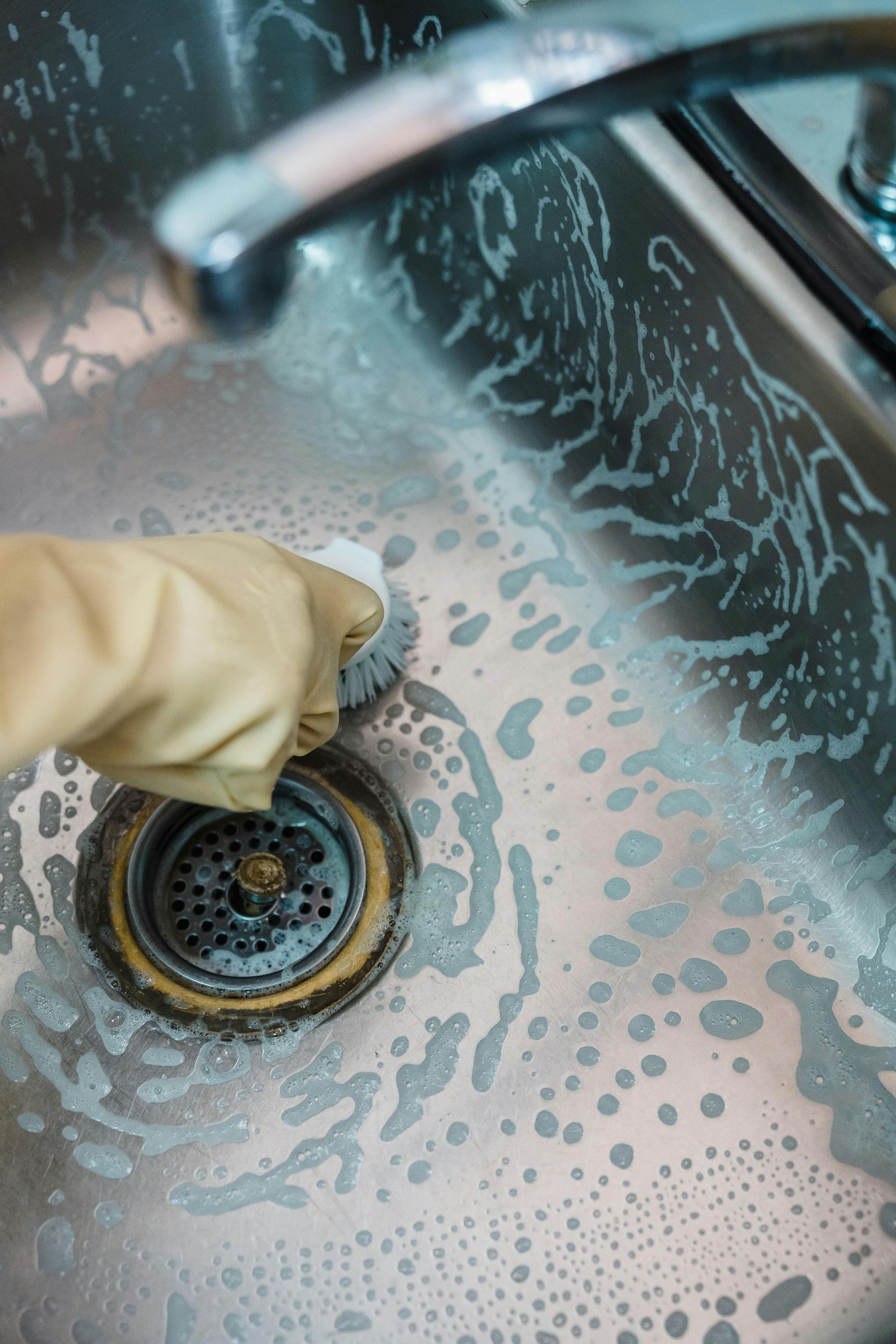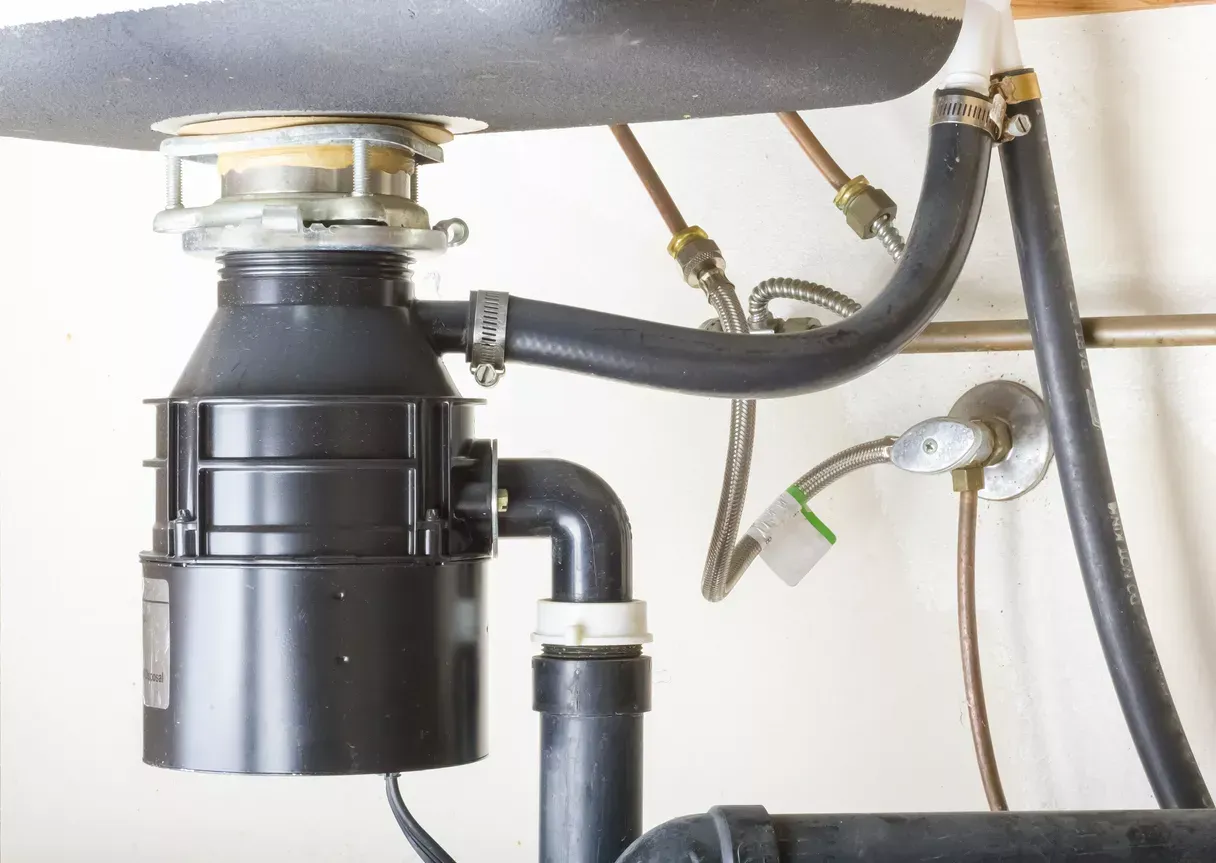15 Signs You Need a Sewer Line Replacement
Your home’s sewer line might be one of those systems you rarely think about—until something goes wrong. Ignoring issues in your sewer line can lead to expensive repairs and potential health hazards. Here’s a detailed guide to help you identify the warning signs that indicate it’s time for a sewer line replacement.
What Size Sump Pump Do You Need for Your Home?
1. Frequent Drain Backups
If your toilets, sinks, or bathtubs regularly back up, even after multiple attempts to clear the blockage, it’s a strong indicator of a failing sewer line. Persistent backups suggest a deeper issue that might require replacement rather than just cleaning.
2. Foul Odors
A properly functioning sewer system should never emit smells into your home. If you’re noticing persistent sewage odors indoors or around your property, it’s likely that your sewer line is cracked or damaged.
3. Slow Draining Across Multiple Fixtures
One slow drain might mean a clog. But if you’re experiencing sluggish drainage in several fixtures, it’s a sign of a more significant issue within your sewer line.
4. Unexplained Patches of Green Lawn
While a lush, green lawn might seem like a perk, it could signal a leaking sewer line. Sewage acts as a fertilizer, so areas of your yard that are unusually green and thriving may be absorbing wastewater from a cracked pipe.
5. Wet Spots or Puddles in the Yard
A sewer line leak often results in soggy or sunken areas in your yard. If these spots persist despite dry weather, you might have a broken or collapsed pipe underneath.
6. Foundation Cracks
A damaged sewer line can lead to soil erosion around your home’s foundation, causing cracks or shifts. If you’re noticing new or worsening foundation issues, your sewer line might be the culprit.
7. Increased Pest Activity
Rodents and insects are drawn to the smell of sewage. If you’re dealing with an uptick in pests, it could indicate a broken sewer line providing an entry point or food source.
8. Mold Growth
Sewer line leaks can increase humidity levels in your home. If you’re noticing unexplained mold growth, particularly near the walls or floors, it’s worth investigating your sewer system.
9. High Water Bills
A sudden spike in your water bill without increased usage could mean a leaking sewer line. Lost water often goes unnoticed until the damage becomes severe.
10. Sewage in Your Yard or Basement
Seeing raw sewage in your yard or backing up into your basement is a surefire sign of a severe sewer line issue. This situation requires immediate attention to prevent health risks and further damage.
11. Recurring Toilet Problems
Toilets that consistently clog or fail to flush properly may indicate a blockage or damage in the sewer line.
12. Shifting or Settling Ground
A leaking sewer line can cause the ground above it to shift or settle. This can lead to uneven landscaping or even sinkholes in severe cases.
13. Rusty or Corroded Pipes
Older homes with metal sewer lines are particularly prone to rust and corrosion. Over time, these pipes weaken, leading to leaks and the need for replacement.
14. Noise from Plumbing Fixtures
If you hear gurgling noises from your drains or toilets, it’s often a sign of trapped air caused by a blockage or damage in the sewer line.
15. Age of the Sewer Line
Sewer lines have a finite lifespan. If your home’s sewer line is over 40 years old, it’s a good idea to have it inspected, even if you haven’t noticed any visible issues.
When to Call a Professional
If you’ve identified one or more of these warning signs, it’s essential to act quickly. Delaying a sewer line replacement can lead to more significant damage, higher costs, and potential health risks. A professional plumber can inspect your system using advanced tools like cameras and trenchless technology to determine the best course of action.
Preventing Future Sewer Line Issues
- Schedule regular inspections: Proactive maintenance can catch problems early.
- Avoid flushing inappropriate items: Only flush toilet paper and human waste.
- Plant trees wisely: Keep roots away from sewer lines to prevent damage.
- Upgrade aging systems: Modern materials like PVC are more durable and less prone to corrosion.
Final Thoughts
Your sewer line is a critical component of your home’s infrastructure. Recognizing the warning signs early and taking swift action can save you time, money, and stress. Don’t hesitate to contact a professional plumber to evaluate your system and recommend the best solution for your needs.


